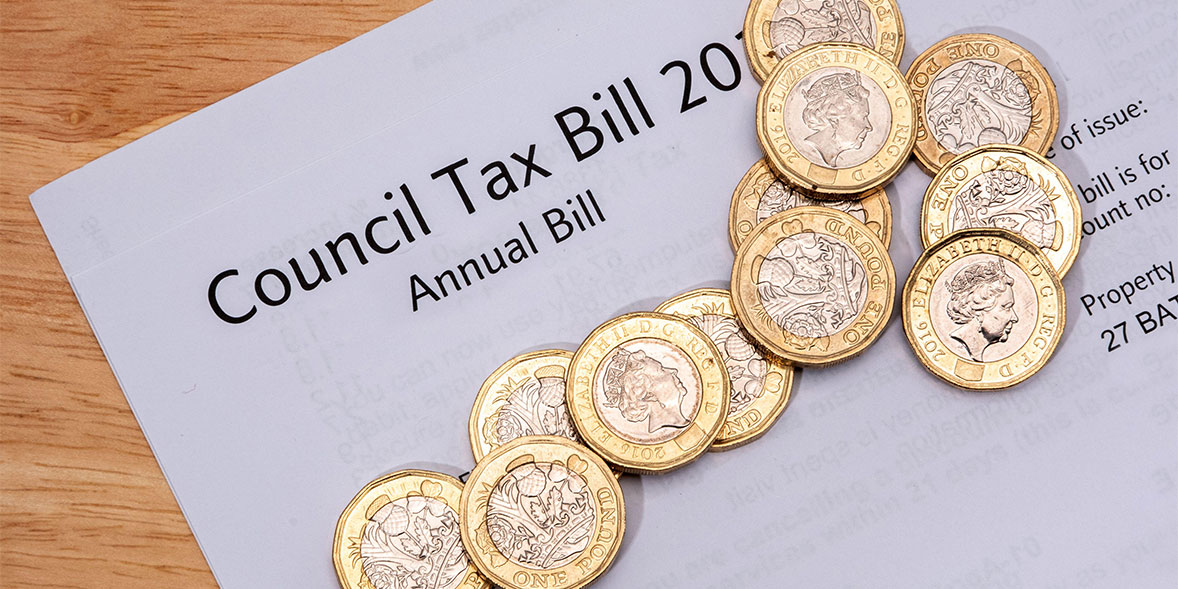Purchasing a second property in Scotland involves considering various financial implications, one of which is the second property tax Scotland. This tax applies to anyone buying additional residential properties in Scotland, such as buy-to-let investments or holiday homes, and is an important factor to weigh before making your investment.
What is Second Property Tax?
Second property tax, officially known as the Additional Dwelling Supplement (ADS), is a levy imposed on the purchase of additional residential properties in Scotland. This tax is in addition to Land and Buildings Transaction Tax (LBTT), which is the standard tax on property purchases in Scotland.
Who Needs to Pay?
The ADS applies to buyers who:
- Already own a residential property worldwide and are purchasing another in Scotland.
- Are buying a property valued over £40,000.
- Are not replacing their main residence.
How Much is the Tax?
The ADS is charged at 4% of the total purchase price of the property. This means if you’re buying a second home or investment property in Scotland, you will need to pay an additional 4% tax on top of the standard LBTT rates.
Exceptions and Reliefs
There are certain circumstances where buyers may be exempt from the ADS or eligible for relief:
- If a new main residence is purchased before selling the previous one, buyers may be eligible for a refund of the ADS if the original home is sold within 18 months.
- Certain types of property, such as caravan pitches and mobile homes, are exempt from ADS.
- If the property is inherited or received as a gift, ADS does not apply.
Impact on the Property Market
The implementation of the ADS aims to manage the demand for residential properties and ensure availability for first-time buyers and those moving residences. However, it also impacts investors and second-home buyers by increasing the upfront cost of purchasing additional properties.
Planning Your Property Purchase
When considering an additional property purchase in Scotland:
- Account for the ADS in your budget.
- Evaluate the potential rental income against the increased tax cost.
- Consult with a property solicitor to understand the full scope of your financial and legal obligations.
Conclusion
Understanding the second property tax in Scotland is crucial for any investor or buyer considering purchasing additional residential properties. Accurate budgeting and strategic planning can help mitigate the impact of the tax and ensure a sound investment. As always, seeking advice from legal and financial professionals is recommended to navigate this complex aspect of property buying in Scotland effectively.

